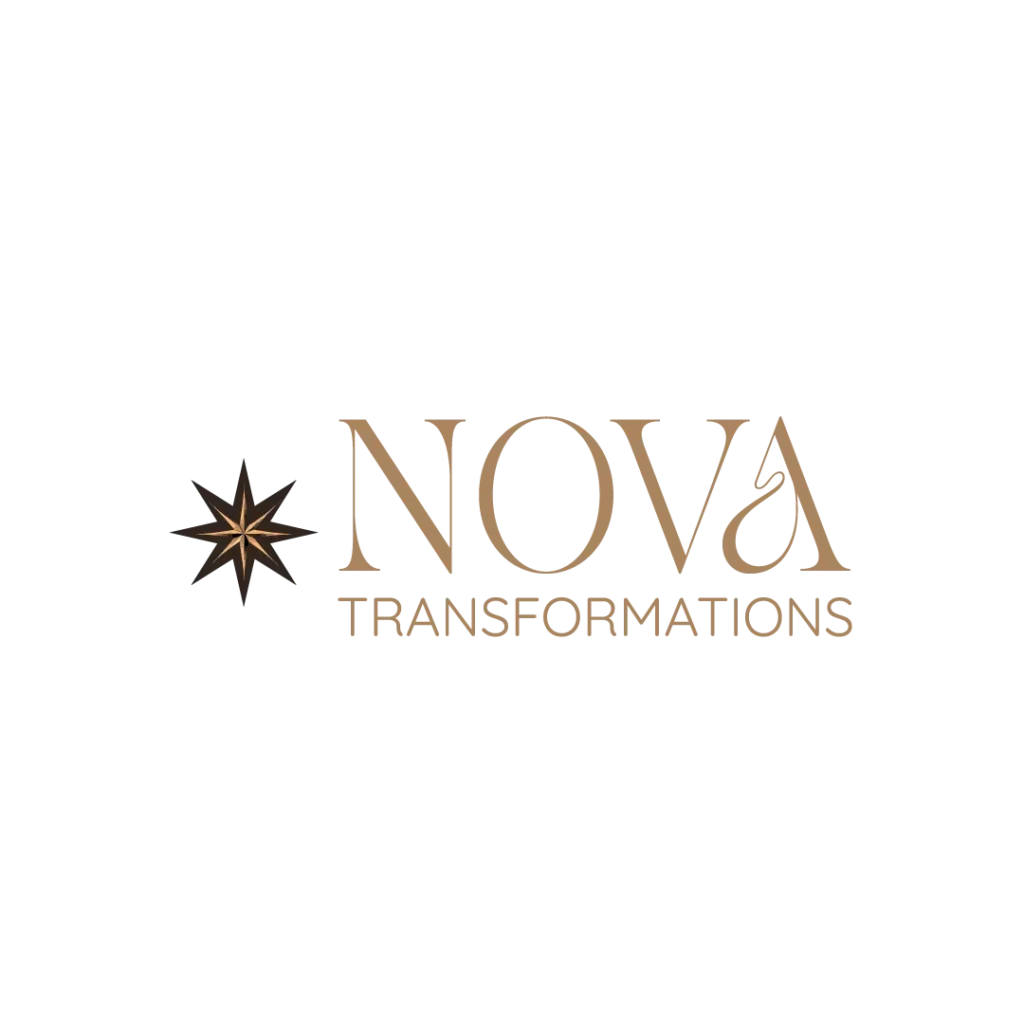Addiction is often described as a family disease because it affects not just the individual struggling with substance use, but every member of their family as well. Whether through emotional turmoil, financial strain, or relationship dysfunction, addiction ripples through households, altering family dynamics in ways that can be difficult to identify or understand.
To help explain these dynamics, Sharon Wegscheider-Cruse, a leading expert in addiction and codependency, identified six primary family roles in addiction. These roles develop as coping mechanisms in response to the chaos and unpredictability of substance use disorder. While they may provide temporary stability, they often reinforce unhealthy behaviors that persist long after addiction has been addressed.
Recognizing these roles is the first step toward healing. With treatment programs like intensive outpatient programs (IOP), partial hospitalization programs (PHP), and dual diagnosis treatment, families can learn to break these patterns and foster healthier relationships. Addiction treatment programs that focus on family counseling and behavioral health services can provide the necessary support to overcome dysfunctional family dynamics.
Why Does Addiction Impact the Entire Family?
Addiction doesn’t exist in isolation—it affects the entire family system. Family members often adapt in ways that unintentionally enable the addiction or create further dysfunction. Common impacts include:
- Emotional Distress: Anxiety, depression, and resentment are common among family members.
- Codependency and Enabling Behaviors: Loved ones may shield the person struggling with addiction from consequences, preventing them from seeking help.
- Breakdown of Communication: Fear, guilt, and shame can lead to secrecy and avoidance, making honest conversations difficult.
- Long-Term Effects: Even after the individual enters recovery, unhealthy coping mechanisms can persist, requiring family support and therapy to fully heal.
Family involvement in the recovery process is crucial. Support groups, such as Al-Anon and Nar-Anon, provide guidance for families affected by substance abuse treatment. Engaging in family therapy and group therapy can create a path toward healing, helping to address both addiction recovery and underlying mental illness.
The Six Common Family Roles in Addiction
Each family member may unconsciously adopt a role to maintain balance within the household. While these roles may provide short-term relief, they often lead to long-term emotional challenges.
1. The Addict
The central figure in the dysfunction, the person struggling with substance use disorder dictates the emotional climate of the home. Their behaviors may include:
- Blaming others for their struggles
- Denying the severity of their addiction
- Becoming emotionally volatile or withdrawn
- Prioritizing substance use over family responsibilities
Since addiction is often intertwined with underlying mental health conditions, Dual Diagnosis Treatment is essential in addressing both substance use disorder and co-occurring disorders, such as anxiety or depression.
2. The Enabler (Caretaker)
The enabler attempts to protect the addicted person from consequences, often at their own expense. This role is commonly played by a spouse, parent, or older sibling. Enabling behaviors may include:
- Making excuses for the addict’s behavior
- Covering up financial or legal problems
- Avoiding confrontation to maintain peace
While enablers believe they are helping, their actions prolong addiction by preventing the individual from seeking treatment. Family therapy within IOP and PHP programs can help loved ones set healthy boundaries and recognize the impact of dysfunctional roles in the recovery process.
3. The Hero
The hero is the family’s overachiever—the one who works hard to maintain a sense of normalcy and bring pride to the household. Common traits include:
- Perfectionism
- High levels of responsibility and stress
- A strong need for control
While heroes may appear highly functional, they often suffer from chronic anxiety and burnout. Individual therapy, often integrated into outpatient addiction treatment programs, helps them recognize and reduce unhealthy pressure.
4. The Scapegoat
The scapegoat is the identified problem child—the one who acts out to divert attention from the addict. Their behaviors may include:
- Rebellion and defiance
- Legal trouble or academic struggles
- Substance use or risky behaviors
The scapegoat may develop deep-seated anger and resentment, feeling rejected by their family. Therapy within a partial hospitalization or intensive outpatient setting can help address these unresolved emotions and prevent further issues such as drug addiction.
5. The Mascot (The Clown)
The mascot uses humor to ease family tensions. While this role provides temporary relief, it often leads to:
- Using jokes to avoid dealing with emotions
- Hiding pain behind a facade of humor
- Difficulty forming deep, authentic relationships
Through group therapy and counseling, mascots can learn to process emotions in a healthy way without relying solely on humor as a defense mechanism. Support groups and behavioral health interventions can help mascots overcome avoidance behaviors.
6. The Lost Child
The lost child is the invisible family member, withdrawing to avoid conflict. Common characteristics include:
- Isolation and social withdrawal
- Fear of confrontation
- Difficulty expressing emotions
Lost children often struggle with low self-esteem and difficulties in relationships. Support groups and therapy can help them develop confidence and healthier ways of engaging with others. Family resources, including support group meetings, can assist in overcoming this role.
Breaking the Cycle: Healing from Dysfunctional Family Roles
Recognizing these roles is the first step toward healing. The next step is seeking professional support to develop healthier family dynamics. Treatment options like intensive outpatient programs (IOP) and partial hospitalization programs (PHP) offer structured support while allowing individuals to stay connected to their families and daily responsibilities.
How Family Therapy and Treatment Help
Nova Transformations offers comprehensive outpatient programs designed to address both addiction and co-occurring mental health disorders. Family counseling plays a vital role in recovery by:
- Improving Communication: Creating a space for honest conversations.
- Rebuilding Trust: Healing emotional wounds caused by addiction.
- Strengthening Support Systems: Teaching family members how to support their loved one’s sobriety.
Addiction affects the entire family, not just the individual struggling with substance use disorder. Understanding family roles in addiction allows families to recognize unhealthy patterns and take steps toward healing. Through intensive outpatient treatment, partial hospitalization programs, and dual diagnosis care in North Carolina, Nova Transformations helps individuals and families break free from dysfunctional dynamics and build a healthier, more supportive future.
If you or a loved one is struggling with addiction, Nova Transformations is here to help. Contact us today to learn more about our outpatient programs and start your journey toward recovery.








